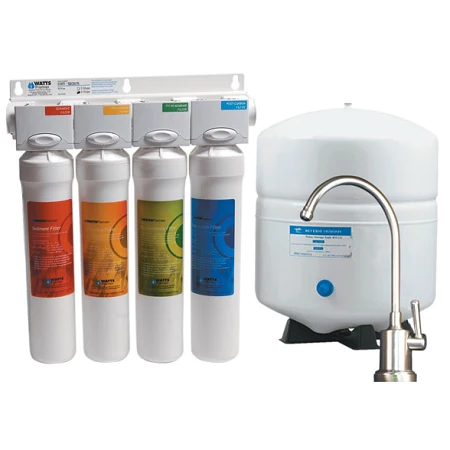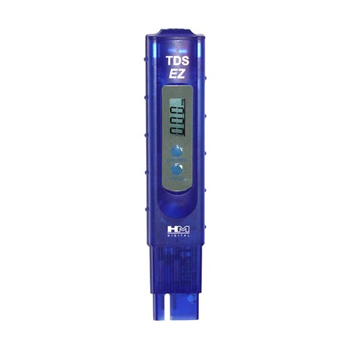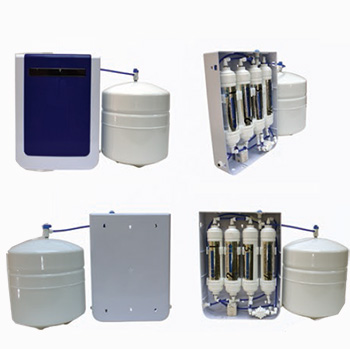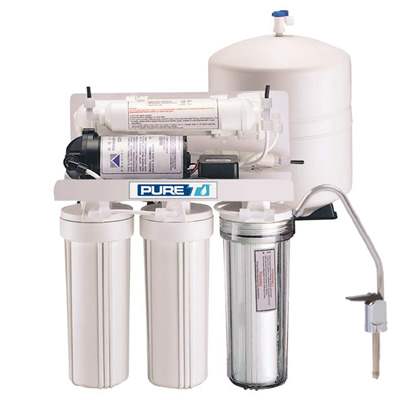What is a Water Filter?
Water filters help to improve the quality of your water and reduce the amount of harmful contaminants that are present. There are many on the market and some even filter 500 contaminants. Some of the most common water filters include activated carbon filters, reverse osmosis filters, and ultraviolet light filters.
Water filters are available in multiple formats for attachment to your faucet, installation under the sink, counter top, pitcher and whole house filters.
Why Reverse Osmosis?
Water quality is the main reason reverse osmosis could be the best water filter for you. Water quality differs by region and can include contaminants from numerous sources including but not limited to perscription drugs, water line breaks, gas/oil spills. While reverse osmosis creates the purest water, it does remove minerals that could be helpful. The process only allows water molecules to be filtered through the membrane filter to then be stored in the tank. Some health advisors suggest adding supplements back into water that is processed by reverse osmosis.
Benefits of Reverse Osmosis Water
Reverse osmosis water offers several benefits that make it a popular choice for many people. Here are some of the key advantages:
1. Improved Taste and Odor: Reverse osmosis (RO) filtration effectively removes impurities, such as chlorine, bacteria, and dissolved solids, that can affect the taste and smell of tap water. This process leaves you with clean, refreshing water that often tastes better.
2. Removal of Contaminants: RO systems are designed to eliminate various contaminants, including heavy metals like lead, arsenic, and mercury. It also filters out pesticides, nitrates, fluoride, and other potentially harmful substances, providing you with cleaner and safer drinking water.
3. Health Benefits: By reducing the levels of contaminants and impurities, reverse osmosis water can contribute to better overall health. It ensures that you are consuming water that is free from potentially harmful substances, promoting a healthier lifestyle.
4. Environmental Considerations: Compared to other methods of water purification, reverse osmosis is relatively eco-friendly. It does not rely on chemicals or extensive energy consumption, making it a more sustainable option for obtaining clean water.
5. Versatile Applications: Reverse osmosis water is not only suitable for drinking, but it can also be used for cooking, making beverages, and even for various household tasks like watering plants or filling aquariums. Its versatility makes it a practical choice for multiple purposes.
Remember, it’s always important to consider your specific water quality and needs before choosing a water filtration system.
Disclaimer:Our site contains affiliate links. If you use the links to buy something we may earn a commission but at no extra cost to you. Thank you for your support.
Reverse Osmosis Units

Watts Premier (531411) RO PURE RO-4 Reverse Osmosis 50 GPD System
Water Tester


